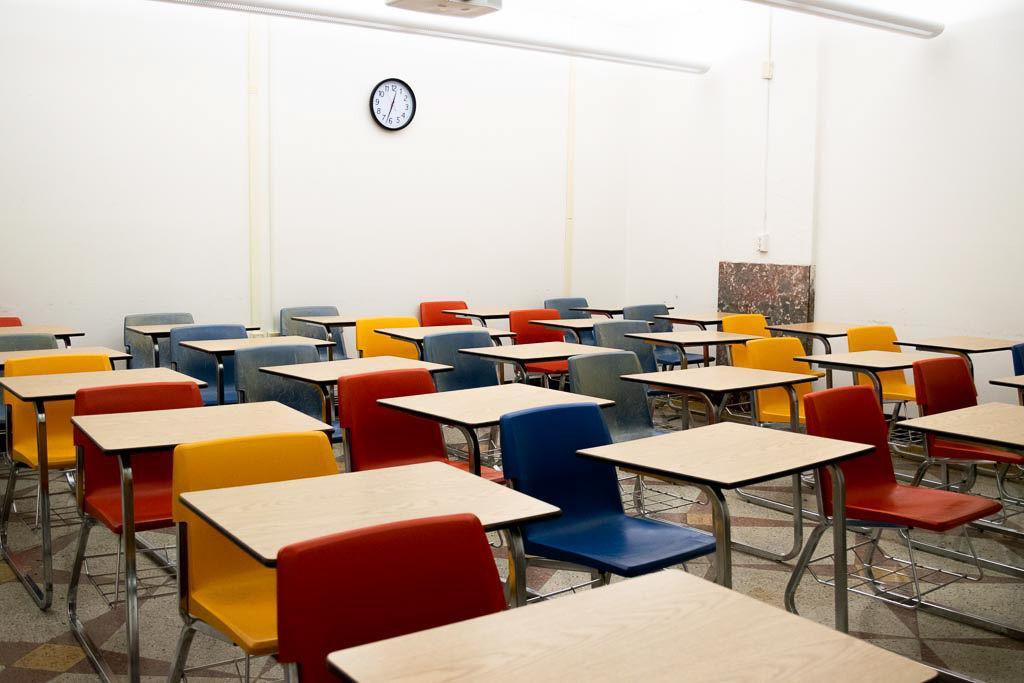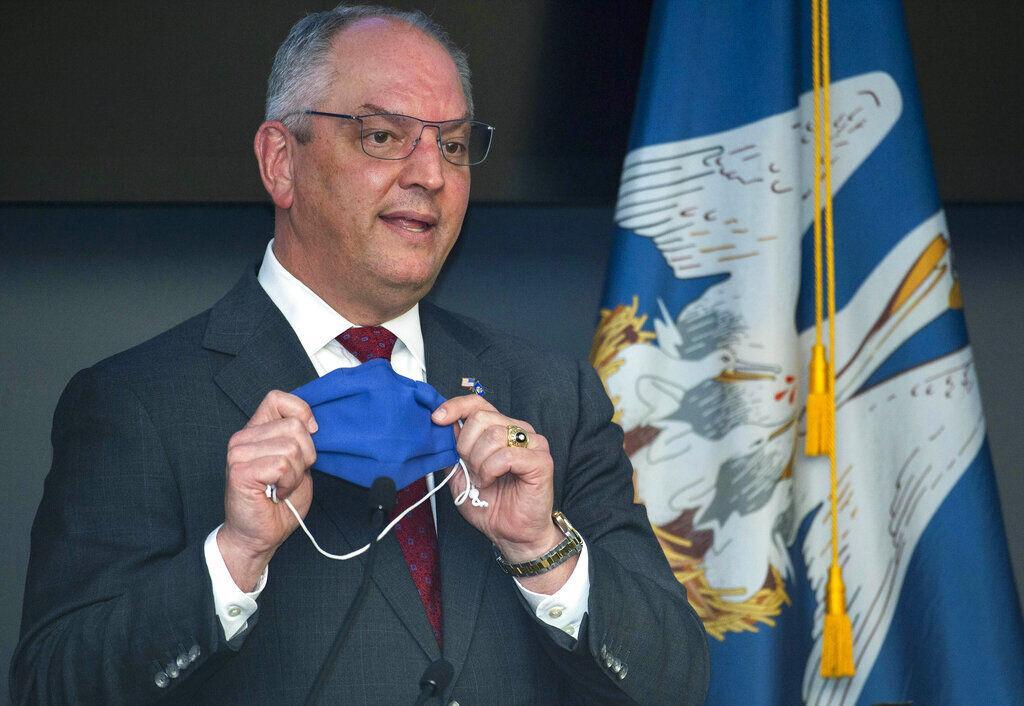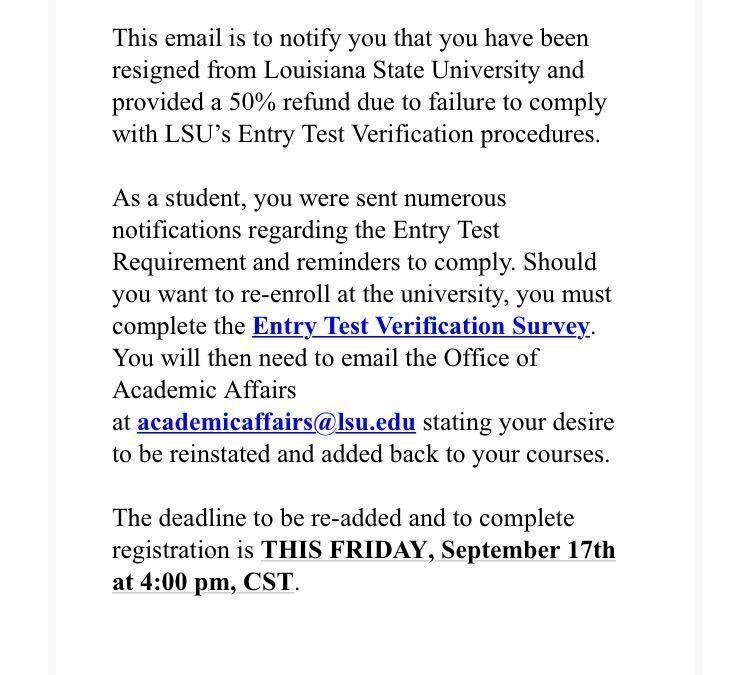Study abroad programs are once-in-a-lifetime opportunities to immerse oneself in a foreign language or culture, overcome the challenges faced living in an unfamiliar area and gain an understanding of other parts of the world.
In light of the recent COVID-19 outbreak in Asia, Europe and now the United States, University officials announced on Mar. 6 that all study abroad programs will be cancelled through Aug. 17 as a precautionary measure.
The decision aims to prevent the disease from spreading to campus. However, the decision also prevents over 600 students from pursuing study abroad adventures over the summer.
“After careful consideration and with the health of our academic community top of mind effective immediately we are restricting international travel of faculty, staff and students,” University officials said in a statement.
For foreign language students, studying abroad is necessary for future career opportunities. Spanish junior Carol Chenevert planned to travel to Córdoba, Argentina, for a month to enjoy Latin American culture, practice Spanish and study at the National University of Córdoba.
“To put it in perspective, being in a foreign country for just a few days is the equivalent of weeks in a foreign language classroom because you’re immersed in it,” Chenevert said. “For me to not be able to go on this trip is a real disadvantage for me. I can’t stress [enough] how important it is to go on trips like this.”
Chenevert was working at the Office of the President when she learned via email that her study abroad program was canceled. She began crying at her desk just before she left.
“I was really gutted and devastated,” Chenevert said.
Chenevert has been working toward study abroad since her freshman year, working at the University and tutoring on the weekends while balancing her full-time course load. Though Chenevert has begun to accept the trip being over, she was frustrated since the coronavirus is less prevalent in South America.
“Whenever I first found out, I was like, ‘has it even come to Argentina?’” Chenevert said.
Argentina had its first coronavirus death on Saturday, with nine other reported cases of the virus in the area.
Chenevert is unsure of her academic plans after the University’s decision. Meeting her graduation date depended on the credits she would receive from studying abroad. For her to graduate in spring 2021 as anticipated, Chenevert would have to take 19 hours of course credit during the next two semesters.
“It’s not LSU’s fault,” Chenevert said. “It’s not anyone’s fault. It’s just one of those things, and I’ll have to study abroad on my own time.”
For criminology sophomore Emily Boudreaux, her study abroad program meant finishing general education credits for foreign language courses while also connecting to the heritage of her biological family.
“[Having the trip canceled] was very disappointing and heartbreaking because I, along with so many other people, have been saving up and working hard and preparing for this,” Boudreaux said. “Since it’s my last semester of Arabic, I’m not sure if I will be able to go again in the future.”
Boudreaux is adopted, and found out in high school that her ancestry is rooted in the Middle East. This inspired her to take Arabic classes and pursue a trip to Morocco with study abroad.
“I have Middle Eastern and Muslim roots in many countries in the Middle East,” Boudreaux said. “This was important for exploring my background and heritage. Going and spending a month there would have immersed myself into that and furthered my knowledge.”
Boudreaux saved money for the study abroad program through a part-time job and a GoFundMe page, where she raised almost $400 to offset the cost of the program, tuition and airfare.
“My professor is trying to decide if we could go in the winter,” Boudreaux said. “I’m not sure if I should give the money back or save it. All my plans are up in the air at the moment.”
Boudreaux said not being able to go on the trip is devastating, and she has yet to accept the reality of the situation.
“This trip has been getting me through everything I’ve been going through this year,” Boudreaux said. “I’ve worked so hard for it, so it’s devastating to know that this big life experience is not going to happen. It almost doesn’t seem real yet.”
The coronavirus outbreak has not only affected students awaiting their study abroad programs but students studying outside of the country as well.
University students studying in China and Italy— which were both placed on Level Three travel notice by the Centers for Disease Control— have been sent back to the U.S. and must self-quarantine for 14 days upon arrival, Media Relations Director Ernie Ballard said.
For students in neighboring countries, like French and English senior Kate Williams, it feels like a matter of time before students will be forced to leave their programs early and be sent back to the U.S.
“The government has basically said it’s inevitable,” Williams said. “They’re not trying to prevent it from becoming a stage three, they’re preparing for it to become a stage three. At this point, it’s a waiting game. Everything’s really up-in-the-air about what I’m going to do when I get back. No one knows how we’re going to get credit or if we’ll get our tuition money back.”
Williams said she has enjoyed her semester-long experience studying in Chambéry, France. She lives in an apartment above a bakery, where the owner knows her and greets her most days. In the mornings, she watches school children walk down the street together on the way to her classes.
But the picturesque moments in her day-to-day experience are accompanied by countless signs about washing hands and news reports about the growing number of cases in France. Surgical masks are being distributed, and grocery stores are filled with sanitizer dispensers.
France has over 1,700 cases of the coronavirus and 33 deaths since March 10.
Williams said the town she lives in is one of the most heavily affected areas of France. Her university’s president met with study abroad students and told them the procedures for when France becomes a Level Three travel notice.
If Williams has to return to the U.S., she will have no place to live but her mother’s house, where she will have to self-quarantine for 14 days. She will likely be able to finish her coursework online, but will no longer qualify for a nationally-recognized certificate of French speaking, which would be greatly beneficial for her career.
“It’s stressful because even when it comes to little things, like, ‘I want to buy a new pillow for my bed,’ well, I don’t know if I’m going to be sent home in three days,” William said. “When it comes to schoolwork, it’s extremely stressful too. I’m thinking about what’s going to happen and what I’m going to do. Did I just waste three months? Did I just waste a semester of school?”
Williams’ advice for students and faculty in Louisiana is to take the situation seriously and be aware not just of one’s personal health, but the health of others as well.
“People are making jokes about it, but there are people who are pregnant or don’t have as strong of an immune system or are elderly and you’re maybe not thinking about that because it’s not affecting you. ” Williams said. “You have a civil responsibility. Being over here has made me really see that.”
Students and faculty members who bought airline tickets should contact Academic Programs Abroad for reimbursement. University officials have also reported that they are working with the Bursar’s office to reimburse fees that were previously paid.
LSU students express disappointment, uncertainity of academic plans after summer abroad cancellations
March 11, 2020
Desks in a classroom in the Huey P. Long Field House on February 5, 2020.
More to Discover










